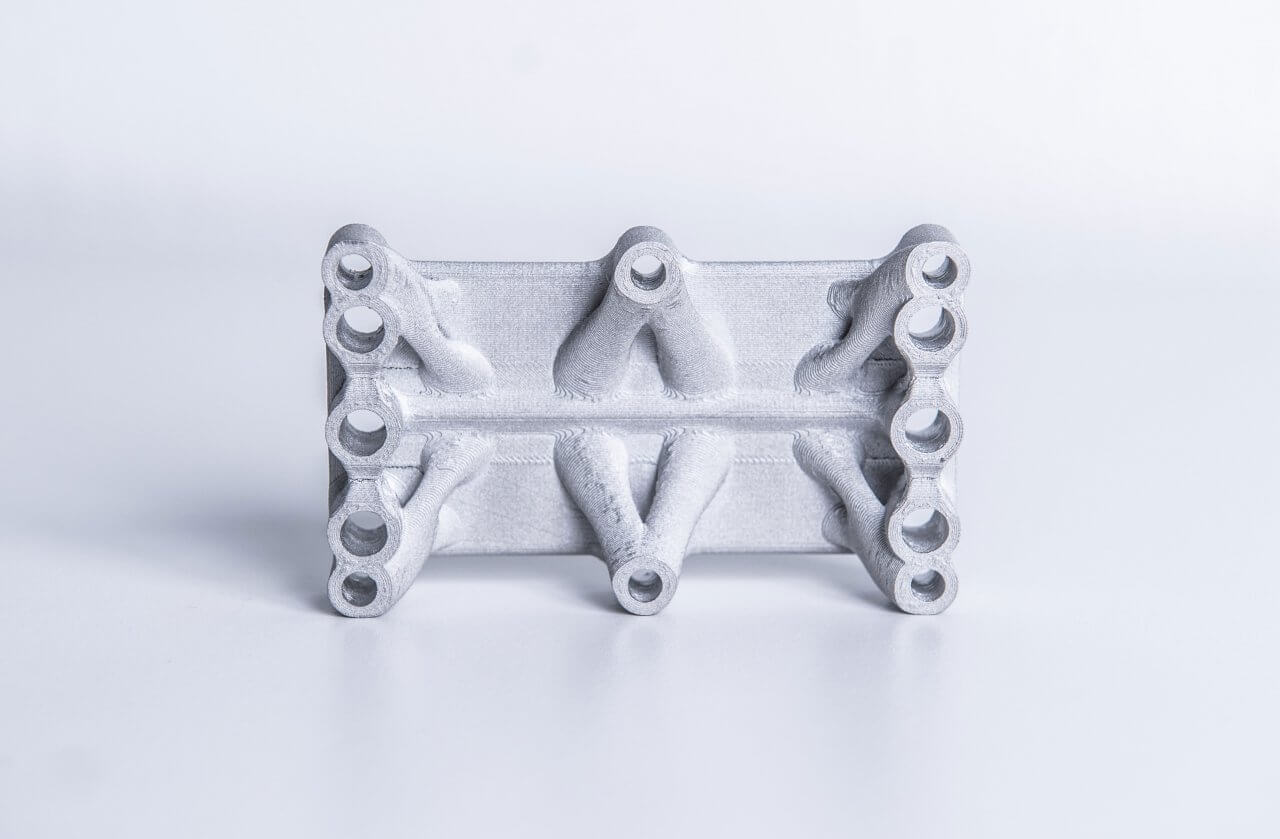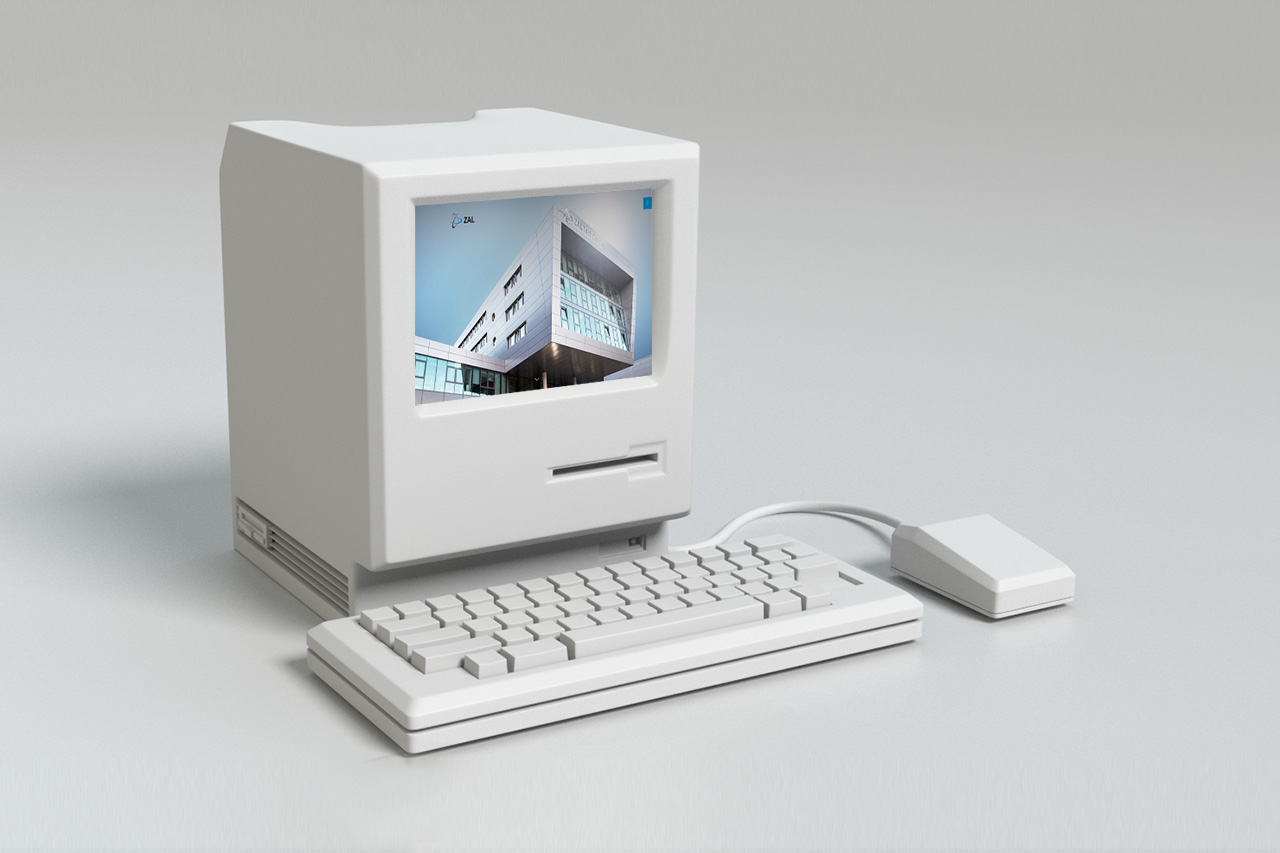Fused Filament Fabrication, or FFF in short, is a widely used additive manufacturing process for plastic components, whose applications range from the hobby sector to flying aircraft components. Our AM team is currently investigating that the manufacturing process is also suitable for 3D printing of metallic components with a few tricks – with positive results for aviation and even fuel cell research!
Unlike plastic components, which are produced in printed fused silica (FFF), metallic components are usually manufactured in a powder bed process using lasers. To produce complex metallic parts that can be used as tools, functional models and components, our AM team is currently investigating the use of FFF for metallic components. The aim is to produce components at relatively low cost, which can then be turned into a complex metallic product via an established post-processing route.
To be able to use the new process successfully, the components have to be subjected to a holistic examination already during the design phase. “Design guidelines for additive manufacturing must be observed and at the same time sintering criteria such as shrinkage and stability must be taken into account,” explains Stephan Nießen, FFF expert at ZAL GmbH. Various steps are necessary for the manufacturing process: first, a metal-filled plastic filament is processed with a conventional FFF printer, resulting in a so-called green body made of a polymer-metal mixture. In the next step, the plastic is removed from the green body during “debinding” and the remaining loose metal powder is “sintered”, i.e. compressed, at high temperatures. The product is a metallic component with a density of over 98% and a homogeneous microstructure.
The new printing process is currently used in a research project for lightweight fuel cell stacks: in the research project “ALF – Additive Manufacturing Lightweight Fuel Cell”, funded by the Federal Ministry of Economics and Energy based on a resolution of the German Bundestag. The research project aims to optimize fuel cell stacks in terms of weight and functionality.
The project objective of ZAL GmbH is the production of end plates of fuel cell stacks using the FFF process for metallic components. For this purpose, our AM team is developing endplate designs that promise a 50 % weight reduction compared to conventional endplates. The project partner Centre for Fuel Cell Technology (ZBT) tests the endplate designs.
If you have any questions regarding technology, material or prototypes, please contact us:
Additive Manufacturing
Dr.-Ing. Thorsten Scharowsky
Senior Development Manager
+49 40 248 595 132





